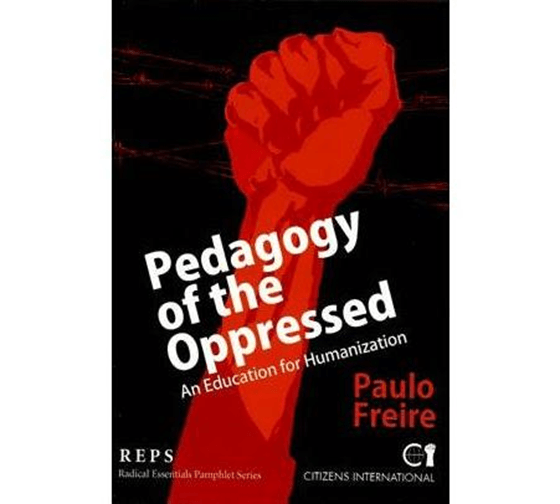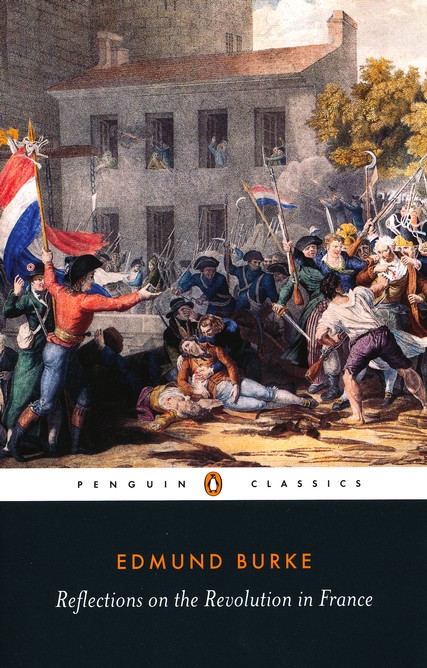he
Bloom’s Taxonomy. I can’t remember the first time I heard this famous phrase, but it was surely no more than a few feet inside the door of my first graduate school education class. Bloom – Benjamin Bloom, the iconic University of Chicago researcher – published his famous taxonomy of educational goals back in 1956 and few educational materials have cast such a large shadow. I can’t tell you how many times I’ve heard a presenter refer to it as gospel, or all the times I’ve been handed some brightly colored, pyramidal visual graphic of it, or even that ubiquitous spinning wheel thing with all the verbs on it. I’m sure I’ve got six or seven kicking around in the bottom of my desk.
It’s not surprising, then, that I’ve come to believe over the past few years that Bloom’s taxonomy represents another one of those invisible boxes that I’ve been operating inside, without realizing it – some useful but ultimately unexamined confine. I began to have this feeling that for anyone thoughtful about designing educational experiences, the taxonomy is sort of the water we don’t know we’re wet in.
Continue reading “Bloom’s Taxonomy: More Subtle Than I Thought”



